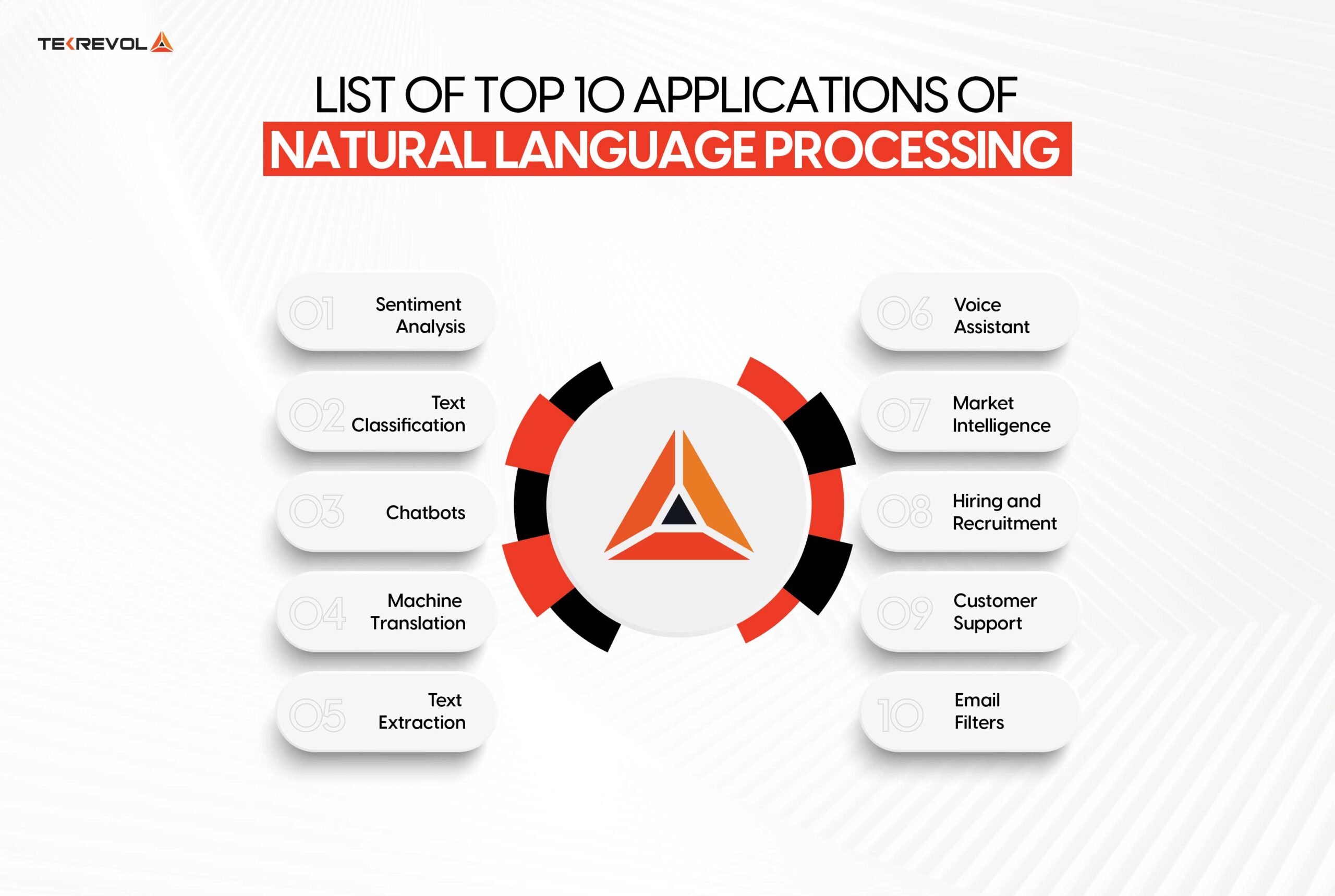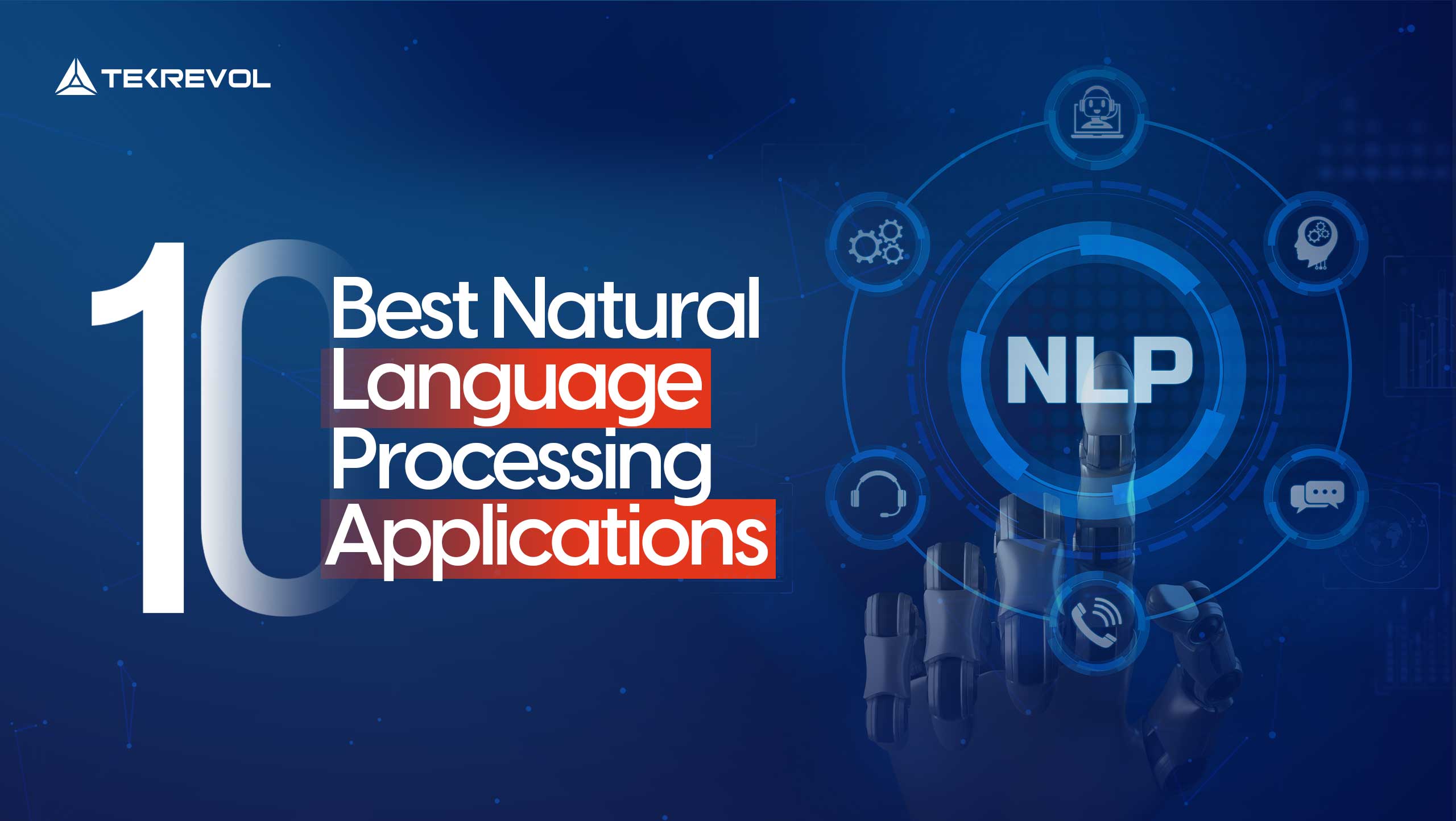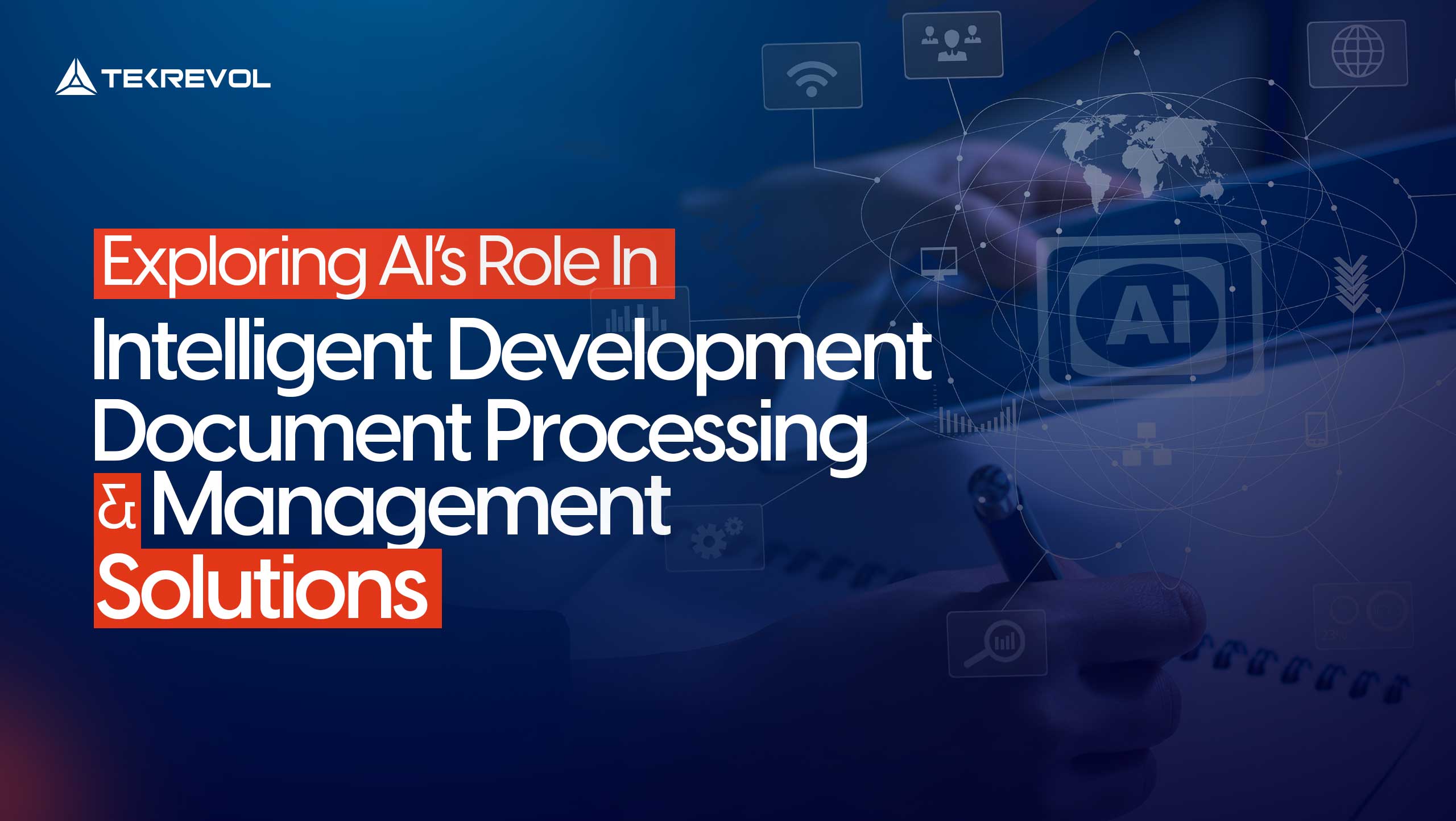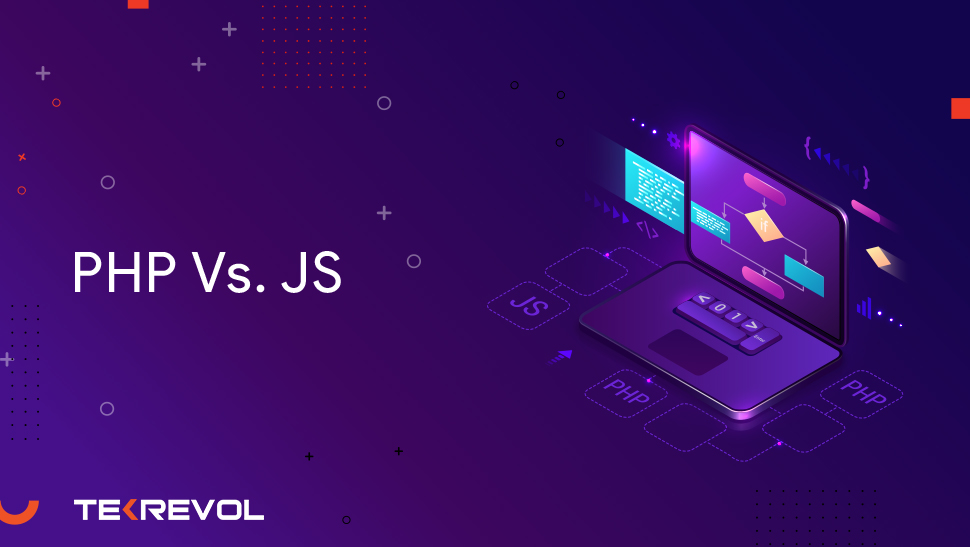Natural Language Processing (NLP) is a subfield of artificial intelligence and machine learning. Nowadays, it is one of the most significant fields in data science, enabling us to access and analyze all the textual and spoken data that we encounter in everyday life.
The natural language processing sector is anticipated to grow to $91 billion by 2030, with nearly 80% of businesses actively using or considering NLP technologies.
That’s the reason, business leaders are increasingly turning to natural language processing services to optimize their operational workflows. By automating customer support and utilizing real-time language translation, businesses can significantly enhance their operational efficiency.
To truly understand the effect of NLP on our daily lives, we will look at the top ten major natural language processing applications and discuss how they change the way we interact with technology.
- Need a Cutting-Edge NLP Solution?
- Our team helps you harness the power of natural language processing to streamline operations!
What is Natural Language Processing?
Natural Language Processing (NLP) is a subfield of artificial intelligence that studies the use of natural language for communication between humans and computers. It combines computational linguistics, computer science, and language knowledge to help a machine understand, translate, and produce natural language in a meaningful and usable manner.
The rise of generative AI has given NLP the attention it deserves. NLP allows systems to generate prose and dialogue. NLP algorithms can then use various forms of artificial intelligence, such as machine learning and deep learning, to process text input and understand patterns and context like the human brain does.
Such advancements enable applications like chatbots, virtual assistants, and search engines to interact with users more naturally, enhancing communication and data retrieval across diverse fields.
Why is NLP Important?
Language is incredibly rich in context, intricacies, and variances, which make it challenging for people and businesses to understand and analyze. Every word, phrase, and sentence holds data that can reveal important insights through appropriate analysis.
However, it is simply impossible to manually filter through hundreds, thousands, or even millions of “conversations” or textual data. That is where natural language processing comes in handy.
Analyzing Large Volumes of Text and Speech Data: NLP helps in dealing with large volumes of textual or verbal information. It performs this kind of analysis repeatedly and with the desired level of accuracy without being humanly exhaustive.
Standardizing Unstructured Data Pipelines: Although language data is not very structured by nature, NLP methods are used to try to give it structure so that it can be easily analyzed and used further.
Enhancing Human-Machine Interaction: NLP helps to make the machine responsive to human language which in turn enhances interaction between the user and the system, the system learns to identify the users’ intentions and choices.
By using AI apps driven by NLP, businesses can efficiently analyze customer feedback, automate responses, and gauge sentiment, among other tasks. This seamless interaction between language and technology allows for scaling communication-related functions like never before.
Top 10 applications of Natural Language Processing

Natural language processing, or NLP, is transforming how we use technology by improving human-machine understanding and collaboration. A wide range of NLP applications have surfaced in various industries as companies and developers look to make use of this potent technology. Here are ten noteworthy applications of NLP to consider:
1. Sentiment Analysis
Sentiment analysis is a critical use case for NLP, allowing machines to detect the tone of voice, even if it is sarcastic or ironic. This brilliant tool allows for the classification of sentiments as positive, negative, or neutral, providing businesses with a clear stance on public opinion.
Companies can maintain a positive reputation by leveraging real-time sentiment monitoring on social media, enabling them to address negative comments swiftly before they become larger problems.
Furthermore, periodic sentiment analysis provides a more comprehensive understanding of customers and their attitudes and concerns over various aspects of the business.
For example, it can disclose that the clients appreciate a new product but are unhappy with the service quality. This information is very helpful in the decision-making processes and in evaluating potential problem areas.
2. Text Classification
Text classification which is a main part of text analysis including sentiment analysis is the process of making computers understand and categorize textual data.
Think about the time and cost of manually going through numerous open-ended responses in your latest survey. With a natural language processing model, however, this feedback can be analyzed in moments, and sorted precisely according to the criteria you need.
For example, you could deploy a language model to classify survey feedback by key areas such as product performance, customer care, ease of navigation, and value proposition. This method significantly reduces time spent on analysis and brings critical insights to light.
3. Chatbots
Gartner anticipates that by 2027, chatbots will become the central customer service solution for a quarter of companies worldwide. Chatbots are a true marvel of technology and invention, with AI and machine learning advancements making them more humanized than ever.
Some chatbots can have complex conversations that seem almost realistic, while others are simple, responding with typed phrases.
These natural language processing bots are concerned not only with spoken words, but also with substance, undertones, and even tone, and they improve with each engagement.
They usually work in two steps: first, they grasp what you’re asking to collect the right details, and then, they respond with a perfectly tailored reply. The aim? To keep things smooth, helpful, and just a bit engaging!
4. Machine Translation
One of the initial applications of natural language processing was machine translation (MT), which helped in the development of various aspects of language automation. While Facebook used to assert its translations were at 95% ‘superhuman’, the real issue with MT is still in comprehending context and subtlety.
The machine translation industry is on a rapid growth trajectory, expected to expand by over 30% CAGR from 2022 to 2030, extending its capabilities daily.
If anyone used Google Translate in the past and recently, then the changes in translation quality as well the language flow are quite evident and better due to improvements in both neural networks and data accessibility.
In business, perhaps the most important use of NLP is seen in terms of automated translation. It eases breaking language barriers, aids organizations source for customers from the international market, and assists in getting an instant and affordable translation of documents from other parts of the world making it an essential tool for the modern world.
5. Text Extraction
Text mining is also referred to as information mining, and it involves features such as identifying certain entities in the text like name, company, and place and using Named Entity Recognition. It also includes extracting keywords and other features predefined as product serial numbers.
An example of the use of text extraction can be the processing of incoming support tickets, as key information such as company names and order numbers can be extracted without having to manually look for it.
With NLP tools, organizations get data from other sources such as documents and invoices that can be easily transferred to databases using triggers.
Machine learning is useful when using natural language processing (NLP) for text extraction of different documents. When combined with keyword extraction, businesses can effectively analyze customer sentiments, find what phrases are frequently used to express customer dissatisfaction and be provided with insights.
6. Voice Assistant
Everyone seems to have a personal voice assistant these days! From Alexa to Siri to Google Assistant or others, people depend on them to call people, fix their appointments, remind them of meetings, play music, and surf the Internet. They have added a twist to our daily operations, but have you ever thought about how they function?
These assistants use a highly cultivated blend of speech recognition technology, NLP natural language processing, and natural language understanding to analyze what we are saying, and then act on it. They plan to become the interface between man and the numerous resources of the internet to effect service deliveries using voice commands.
At times, voice assistants need very particular phrasing to accurately capture your intent. However, as technology progresses, they continue to improve, which is exciting when considering their future evolution!
- Want Your App to Stand Out with Voice AI?
- Our developers can help you integrate voice technology for a smarter, more engaging user experience!
7. Market Intelligence
The use of Natural Language Processing (NLP) can greatly improve how marketers comprehend their customers and eventually advance their tactics.
The key components of unstructured data, including topics, sentiment, keywords, intent, etc., also provide a way for marketers to significantly enhance their market research. This technique not only reveals existing tendencies but also reveals potential business opportunities as well. Further, identifying pain points and competitor movements using data analytics offers a competitive edge to the organization.
Integrating NLP with market intelligence improves marketers’ perception and knowledge of customer behavior patterns, allowing them to adapt dynamically to market variations. This agility enables firms to make more informed decisions and remain competitive in the commercial market.
8. Hiring and Recruitment
The Human Resources department is important to any organization as it is responsible for selecting the top performers. However, such a search has gotten increasingly difficult in recent years because a single vacancy notice can generate hundreds, if not thousands, of suitable applicants. Fortunately, this is where natural language processing, or NLP, comes in as a valuable tool.
Thus, using NLP can assist recruiters in considerably reducing the time spent selecting prospects. This is an automated technique for extracting information from resumes such as abilities, names, locations, and educational levels, among others. Using this process, recruiters can categorize people as appropriate or inappropriate for specific jobs and offer alternative options for them.
The effectiveness of having such an automated system reduces bias while at the same time achieving desirable results with efficiency. Also, this automated system helps to make necessary adjustments to the filtering of resumes while at the same time enhancing the company’s ability to tap deserving candidates. ATS tools are now standard in most organizations to improve the method of hiring, and to find the proper talent.
9. Customer Support
When you contact your internet service provider to complain about your service, you will likely be led to an automated menu system. While these systems may appear to be simple commodities, they are incredibly essential to organizations as they organize client information and direct callers to the appropriate staff.
Besides improving the flow of information, these automated systems create data that could be useful in future endeavors. In the near future, such systems may incorporate natural human-like voices to deliver personalized responses to customers’ inquiries. The structure of customer assistance is still evolving, with a focus on the use of emerging technology to improve and optimize customer service.
10. Email Filters
With the volume of emails that modern enterprises get every day, it is hard to picture their operations without email filters, among which spam filters are the most well-known. As spam accounts for about 85% of all emails received globally, these filters aid in keeping a user’s inbox clean. What role does natural language processing (NLP) play in increasing their effectiveness, though?
Over the years, email filters have evolved to assist the user in keeping their inbox tidy. For instance, Gmail separates all emails into Primary, Promotions, Updates, and Social categories, which makes it easy for the user to find the messages they need
One cannot overemphasize the role of Natural Language Processing since it forms the brain within these filtering systems. Every time you receive an email in the inbox, the email and its content undergo a process that uses keyword extraction and text classification. It is easier to understand how NLP has become a commonplace part of our everyday lives and how it helps to organize emails in an efficient manner.
Conclusion
NLP may appear to be a complex concept, but the examples we’ve covered demonstrate how helpful it can be for increasing corporate operations, from customer support to improving eCommerce search results. NLP can be used by any business owner, regardless of size, to improve operational efficiency.
NLP is used in various applications such as spell check, search engines, translators, voice recognition, spam filtering, and auto-correct. It simplifies and optimizes user interfaces, improving communication and operational effectiveness.
By partnering with an AI development company to implement NLP, organizations not only increase the efficiency of their operations but also are equipped with data to make the right decisions.
- Ready to launch your next big NLP-powered app?
- Tekrevol has the expertise to make it happen with advanced features!

 804 Views
804 Views November 14, 2024
November 14, 2024









